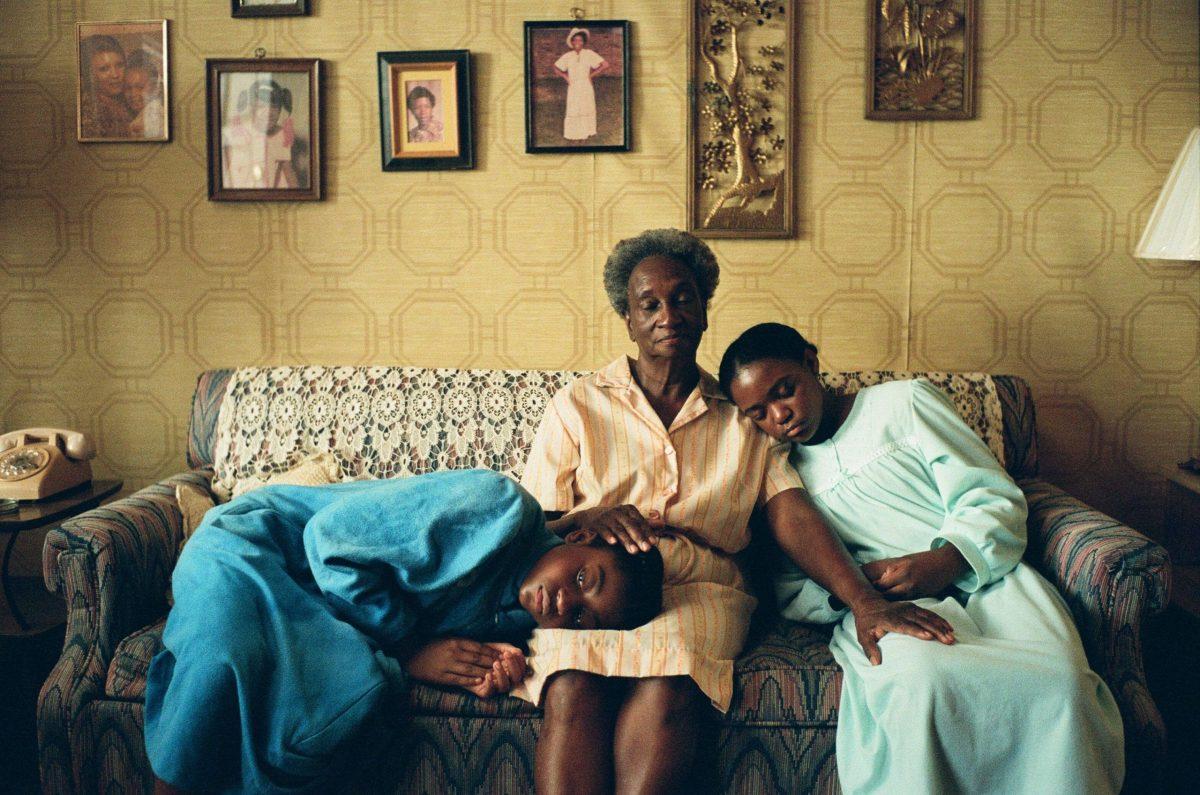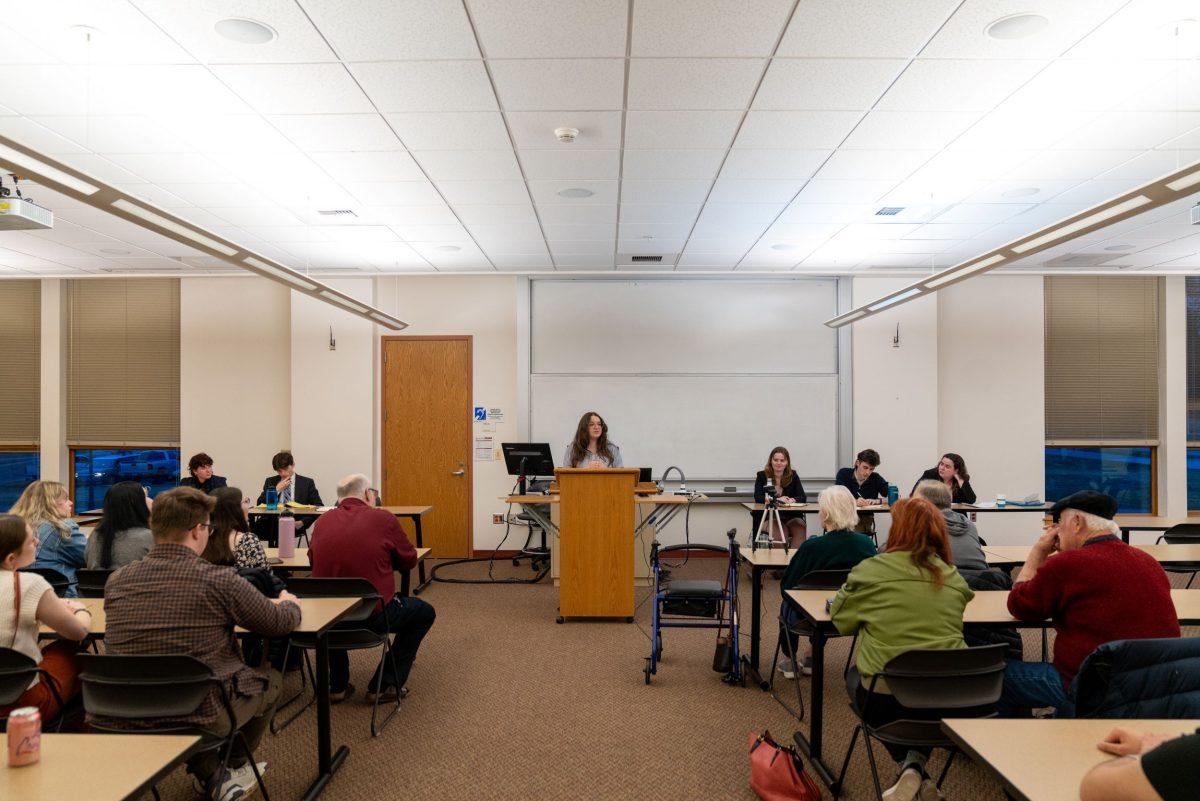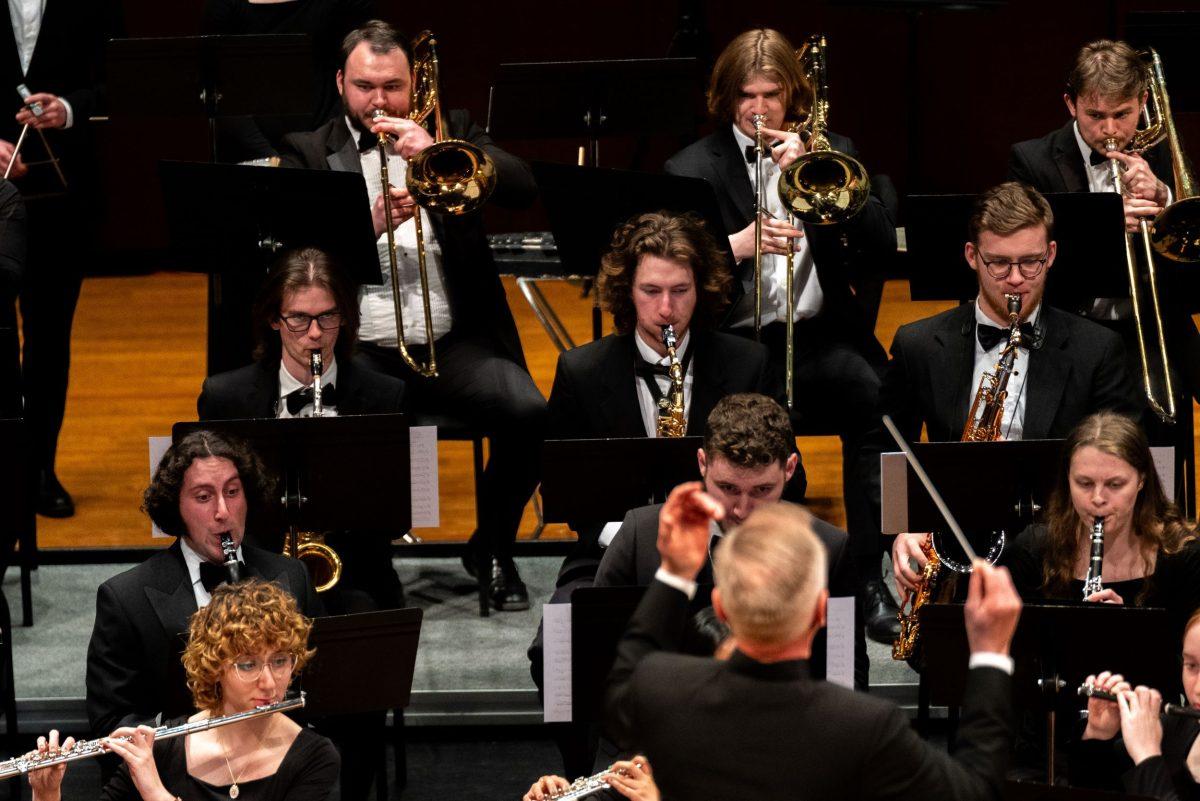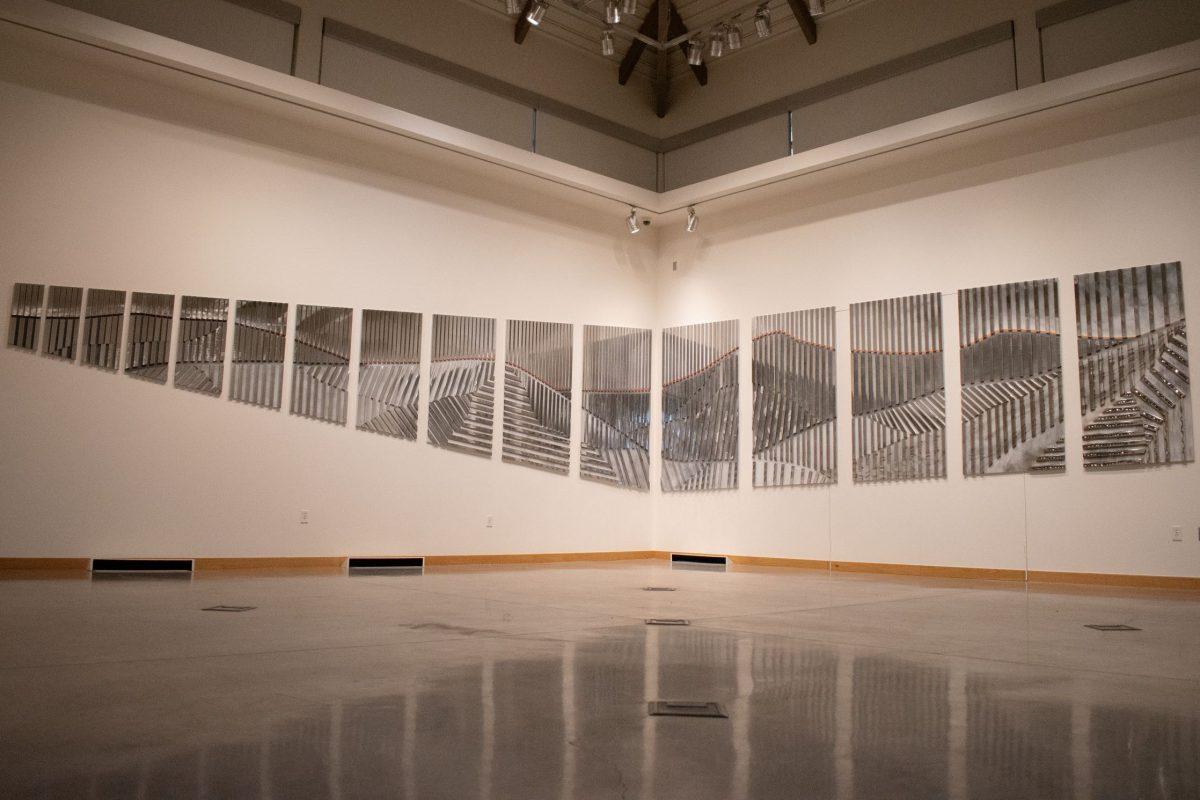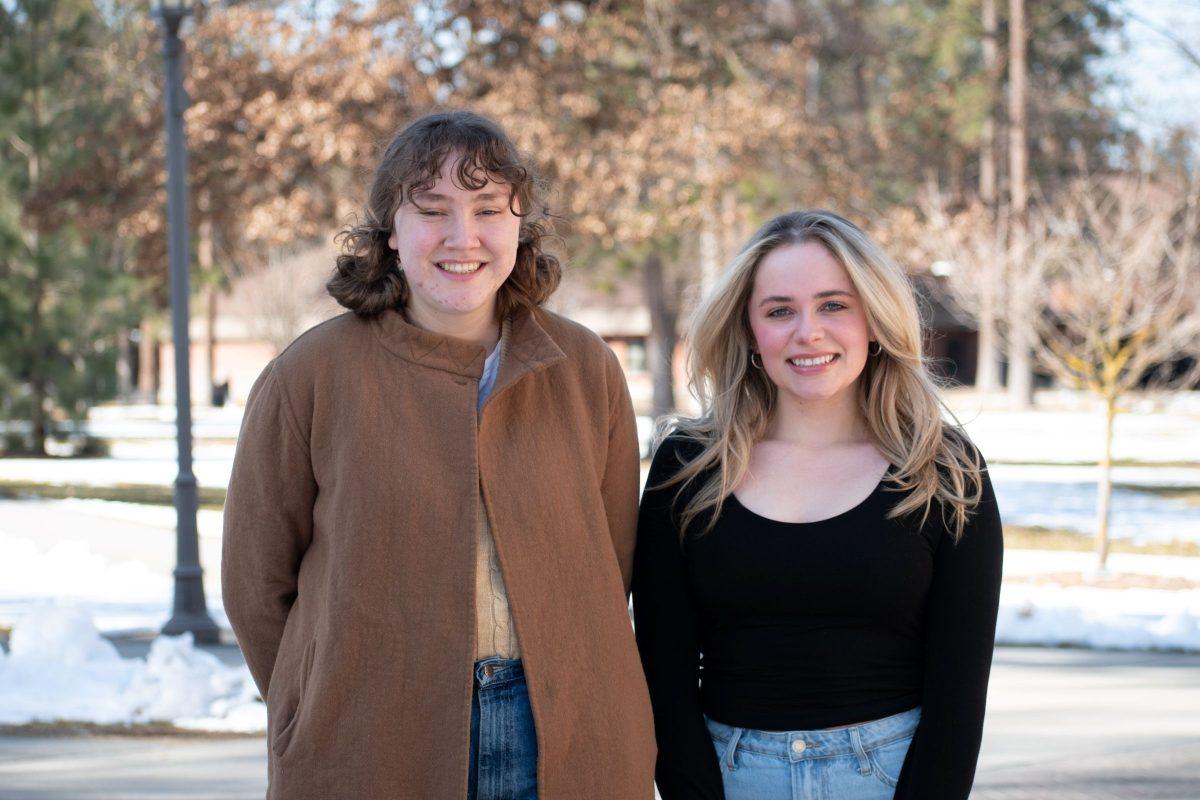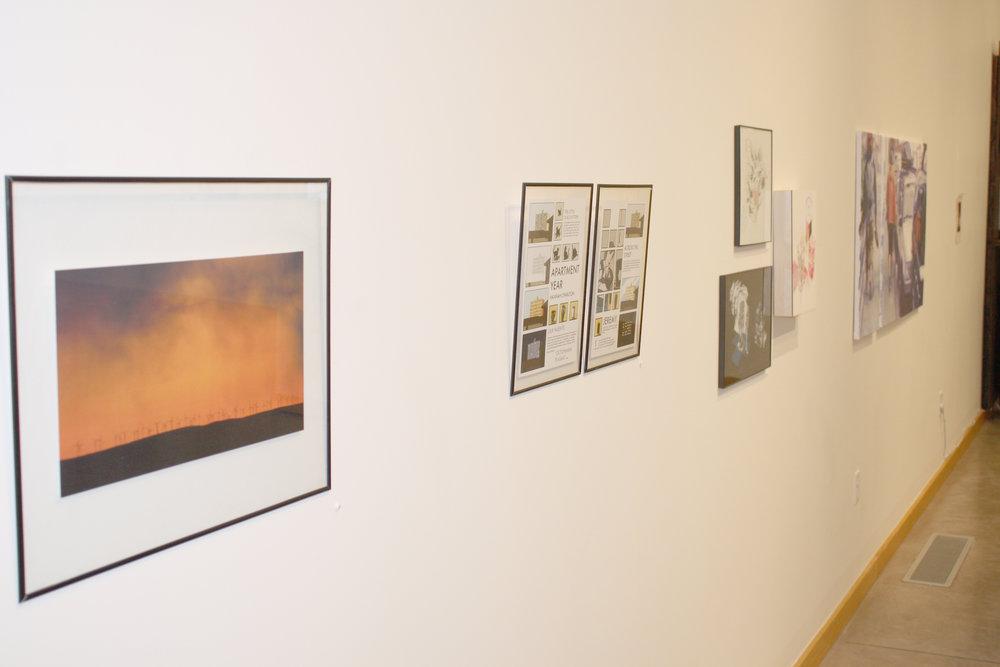The Muslim worldview is held by a diverse population of more than one billion people worldwide, Muslim culture expert and nationally-known professor Nabeel Jabbour said in his lecture Oct. 3.
Born in Syria, raised in Lebanon, and having taught in Egypt for 15 years, Jabbour said he considers himself a true Middle Easterner. These experiences gave him a wide perspective of the Muslim world.
“How can I stand in the shoes of a Muslim fundamentalist?” Jabbour said. “And put on their lenses and try to see the world through their eyes?”

The scope of the Muslim world is extremely large, Jabbour said. There are approximately two million Muslims living in the U.S., with populations in the hundreds of millions in countries like Pakistan, India and Indonesia.
The Muslim world is much larger than the Arab Middle East, contrary to what many people may think, he said.
“There’s a great deal of diversity among these Muslims,” Jabbour said. “They speak different languages. They belong to different races. They are spread all over the world and they all call themselves Muslims, yet they are so different.”
Muslims range from having blue eyes and fair hair to having dark skin and black hair, and they hail from all over the world, Jabbour said. Although they are very diverse in appearance, they have common beliefs within their religion.
Jabbour also addressed similarities between Christianity and Islam. He revealed parallels in pairs such as Jesus Christ and the Quran, Mary and the prophet Muhammad, and several other religious pairings.
He spoke as objectively as possible to present the Muslim worldview in an unbiased manner, some audience members said during the question and answer segment. More than 250 students, faculty and locals gathered to hear Jabbour speak.
Lobna Abdelhameed, a visiting foreign language teaching assistant from Egypt, said she thought the lecture offered valuable insights. Even as a Muslim, she said she was able to learn things she had not known before.
“I had never known about the parallels between Islam and Christianity in the areas that he discussed at the end of his lecture,” Abdelhameed said.
Some students also commented on the information about the similarities between Islam and Christianity.
“What stuck out to me is that the Quran is an extension of the New Testament and the Old Testament,” junior audience member Cameron Gilbert said. “They are all related as the same message from God is what the Muslims believe.”
Gilbert, an international studies major, said the lecture was a valuable addition to what he is learning in his Sociology of Middle Eastern Society class.
Several students and staff stayed after the lecture to engage Jabbour in long discussions about his perspective on the Muslim world.
Contact Daniel Lee at [email protected]



